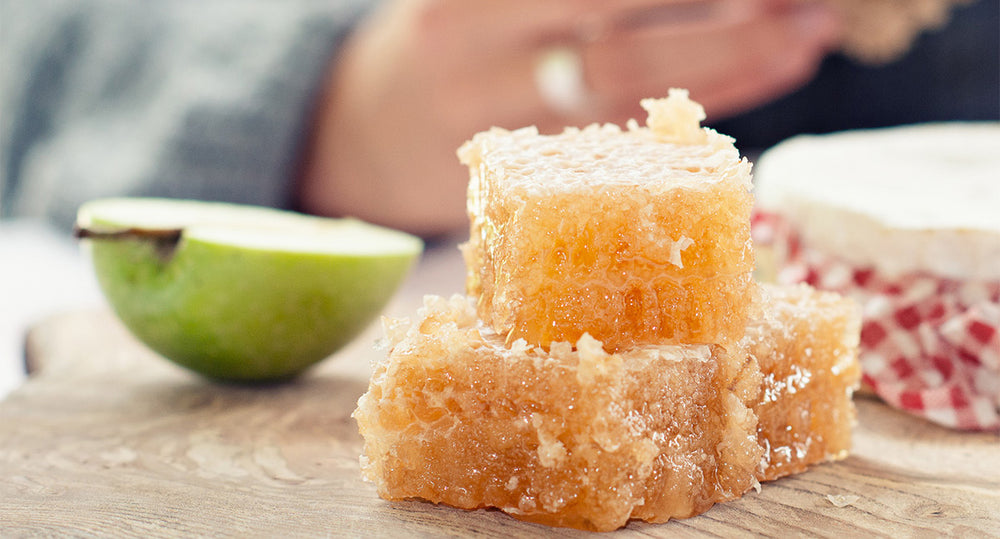Now that it’s officially autumn here in the UK, the leaves are turning brown and there’s a distinct chill in the air. With the advent of Autumn, our thoughts naturally turn to cosy scarves, homemade root vegetable soups and the crispy fallen leaves underfoot on our way to work and school.
But try and avoid them as we might, the chillier months also mean we’re more at risk of coughs, colds and other winter bugs.
Why Do We Get More Coughs and Colds in Autumn and Winter?
It’s true that we can succumb to a ‘summer cold’ but most coughs and colds affect us in the colder months.
Researchers think this is because the cold air affects the natural defence mechanisms that we have in our noses. We have thousands of tiny hairs in our nose called cilia. The cilia are there to move the mucus that’s naturally produced in the nasal cavity around.
The combination of the sticky mucus (which any kids you know, might call ‘snot’) and the tiny hairs helps to trap bacteria and viruses and move them to the back of our nose, into our throat where we swallow them. The stomach acid then kills the bugs and we don’t get a cold.
But in the cold weather, the process is slowed down, and cold viruses can take hold. Normally, our immune system would kick in to kill this pathogen, but scientists also think that the cold air can slow down this process too.
What’s more, the virus that causes the common cold, called rhinovirus, actually likes cold temperatures! So the whole process works against us and we end up with coughs and runny noses.
Honey and its Effect on the Airways
Coughs are irritating, keep us awake at night and can linger for long after the rest of our cold symptoms have gone.
We might be tempted to reach for the cough medicine, but now the National Institute for Health and Care Excellence (NICE) and Public Health England (PHE) have different advice – honey!
They now recommend honey rather than antibiotics for anyone over the age of five who has a cough that has lasted a few days or weeks. Honey is thick and sticky and coats the throat, easing the irritation of the airways that leads to coughing.
Honey is also antimicrobial and can be used to help treat the symptoms of bacterial and viral throat infections and help to support the immune system.
But not all honey is healing honey. Only active honeys have powerful antimicrobial effects. All Necta & Hive honey is independently measured for it’s Total Activity, or TA. Our honeys are among the highest TA rated on the market. The higher the TA, the stronger the benefits.
Using Honey to Treat Coughs
To soothe coughs and sore throats, add a squeeze of lemon to hot water. Wait for it to cool to a drinkable temperature and add a teaspoon or two of either Necta & Hive Jarrah 22+ TA honey or Necta & Hive Marri Wild honeycomb 15+ TA honey. (Adding our active honey when the water is too hot will destroy the natural enzymes that give them their powerful healing benefits.)
Alternatively, a small piece of Necta & Marri Wild honeycomb 15+ TA with honey can be eaten like a cough sweet.
Honey can be enjoyed by the whole family – although it isn’t recommended for infants under one year old. If you have an allergy to bee stings, you’re also best to avoid honey that contains honeycomb due to the risk of it containing bee venom.
Enjoy, and we hope you feel better soon!






